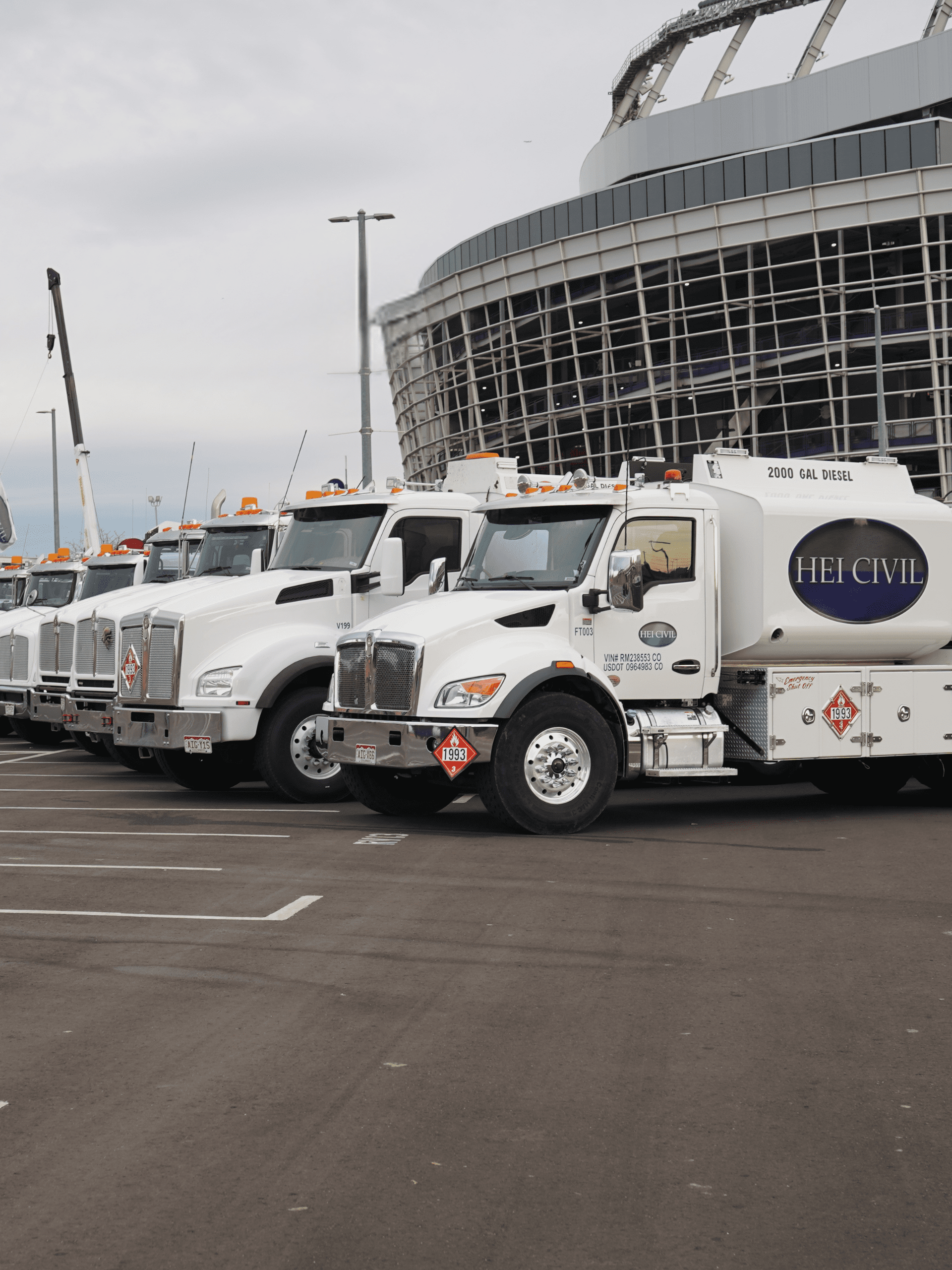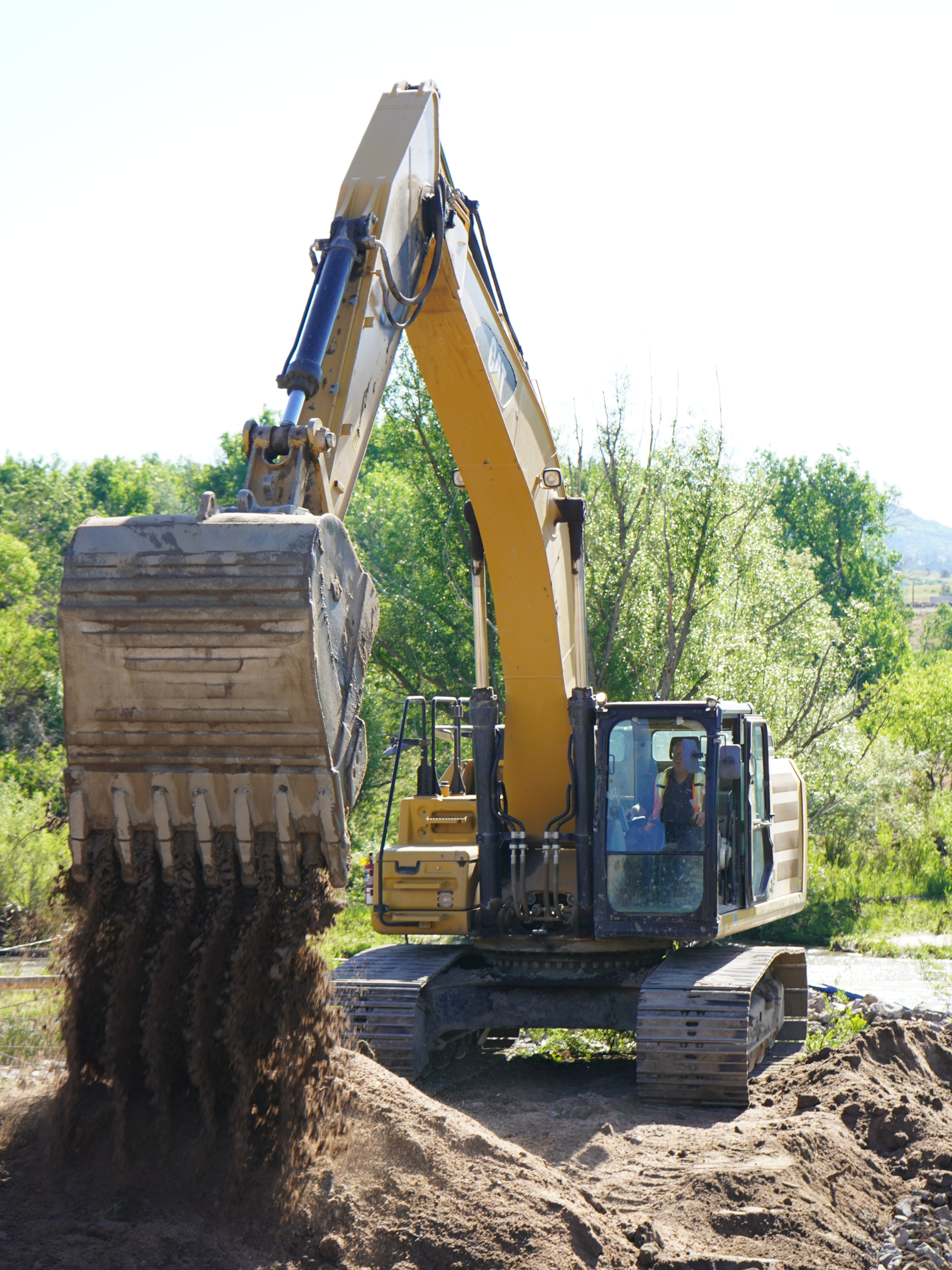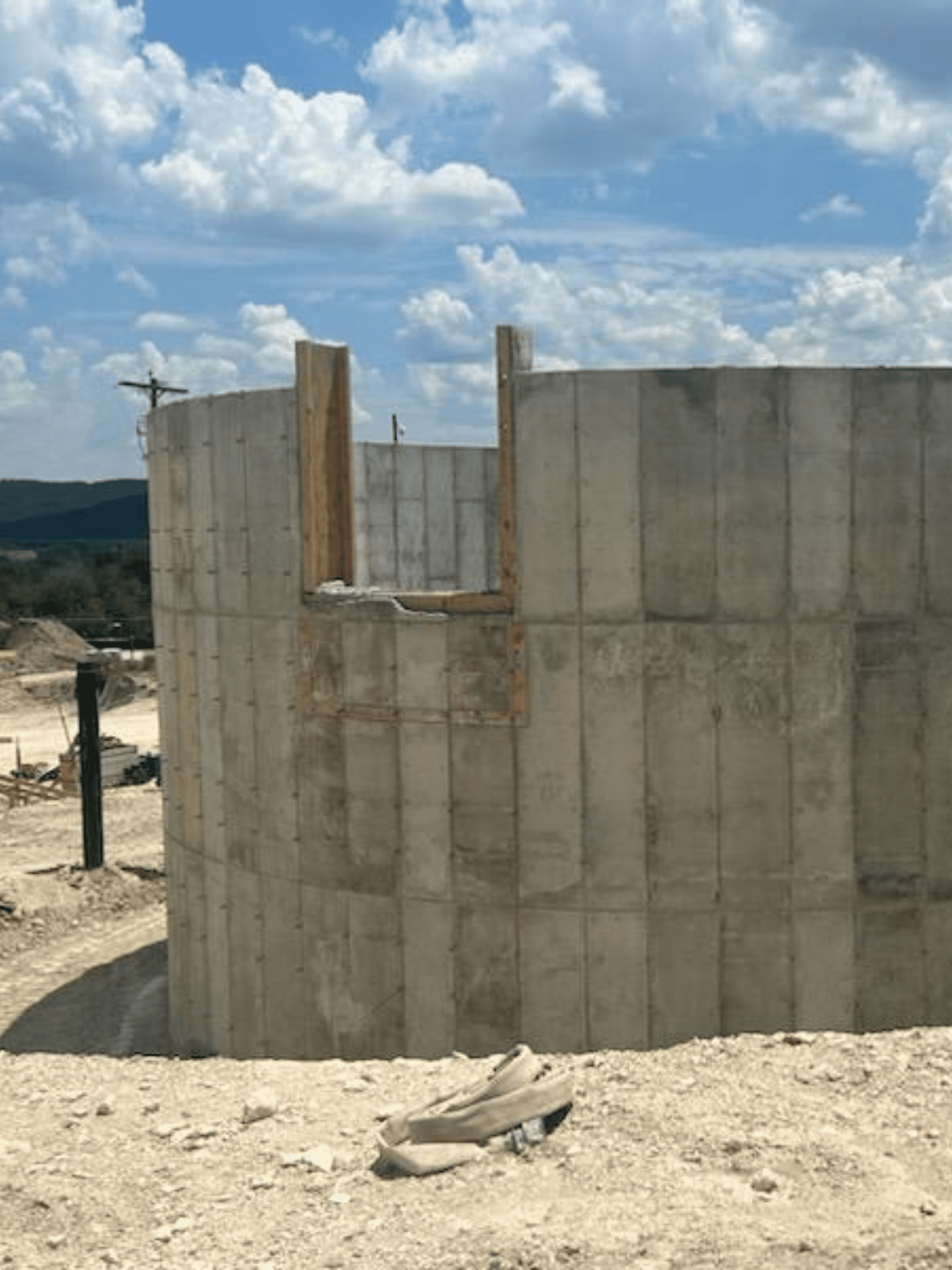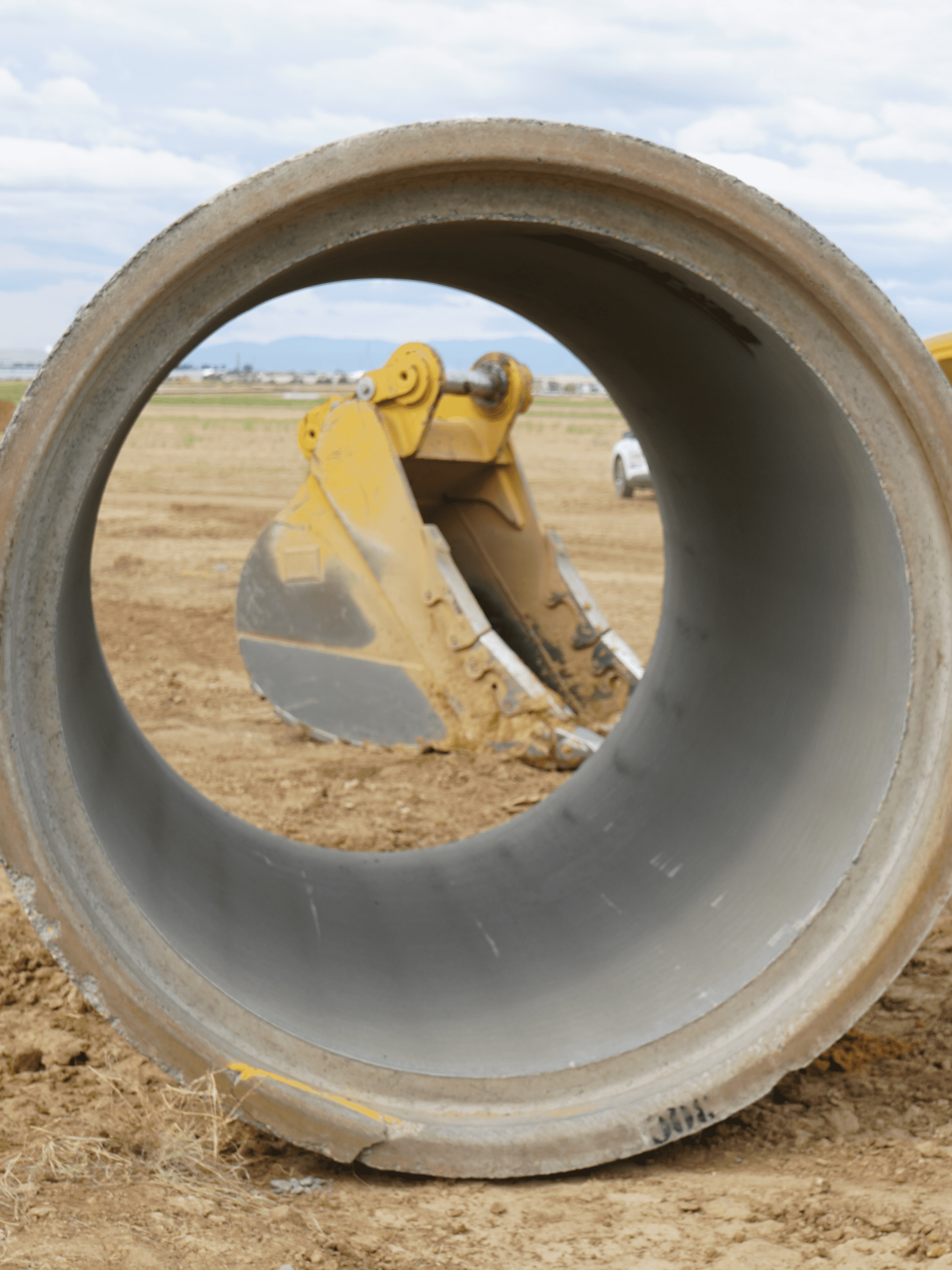The clang of hammers, the roar of machinery, the satisfaction of seeing a project rise from the ground – these are familiar aspects of the construction industry. Yet, behind the hard hats and the demanding schedules, there’s a silent struggle that far too many construction professionals face: mental health challenges. As we observe Construction Suicide Prevention Week during National Suicide Prevention Month, it’s crucial to bring this often-taboo topic into the light and emphasize that help is available.
The construction industry, while vital to our society, presents a unique set of stressors. Long hours, demanding physical labor, job insecurity, time away from family, and a culture that can sometimes stigmatize vulnerability all contribute to a heightened risk of mental health issues. Tragically, statistics reveal a sobering reality: construction consistently has one of the highest rates of suicide across all industries. This crisis demands our immediate attention and collective action.
It’s time to break the stigma surrounding mental health in construction. Experiencing stress, anxiety, depression, or thoughts of suicide is not a sign of weakness; it’s a sign that someone is struggling and needs support. Just as we prioritize safety on the job site with hard hats and harnesses, we must prioritize mental health with open conversations, accessible resources, and a culture of care.
Understanding the Challenges:
Several factors contribute to the mental health challenges faced by construction workers:
- High-Pressure Environment: Tight deadlines, demanding clients, and the inherent risks of the job can create immense pressure.
- Physical Demands and Injuries: The physically strenuous nature of the work can lead to chronic pain, injuries, and subsequent mental health struggles.
- Job Insecurity and Economic Fluctuations: The cyclical nature of the industry can lead to periods of unemployment and financial stress.
- Isolation and Loneliness: Project-based work and time away from home can contribute to feelings of isolation.
- “Tough Guy” Culture: A traditional emphasis on resilience and toughness can make it difficult for individuals to seek help for mental health concerns.
What Can We Do?
Addressing mental health in construction requires a multi-pronged approach:
- Promote Open Conversation: Encourage open and honest conversations about mental health at all levels of the industry. Leaders and colleagues can play a vital role in creating a supportive environment where seeking help is normalized.
- Provide Education and Training: Offer mental health awareness training to workers and supervisors to help them recognize signs of distress in themselves and others, and to understand available resources.
- Increase Access to Resources: Ensure that employees have access to confidential mental health services, such as employee assistance programs (EAPs), counseling, and crisis hotlines.
- Foster a Culture of Care: Cultivate a workplace culture that prioritizes well-being, encourages peer support, and promotes work-life balance.
- Challenge Stigma: Actively challenge the stigma associated with mental health by sharing personal stories, promoting help-seeking behavior, and emphasizing that mental health is just as important as physical health.
Resources Available:
If you or someone you know in the construction industry is struggling, please know that you are not alone, and help is available. Here are some valuable resources:
- Construction Working Minds: Offers resources and support tailored to the construction industry.
- The National Suicide Prevention Lifeline: Call or text 988.
- The Crisis Text Line: Text HOME to 741741.
- Employee Assistance Programs (EAPs): HEI Civil offers a free EAP available to all team members 24/7.
- MentalHealth.gov: A U.S. government website providing comprehensive information on mental health and links to mental health resources.
Let’s work together to build a construction industry that supports the mental well-being of its workforce. By breaking the silence, promoting help-seeking, and fostering a culture of care, we can work together to prevent tragedies and build a stronger, healthier future for everyone in the construction industry — your well-being matters. Help is available. Please reach out.




